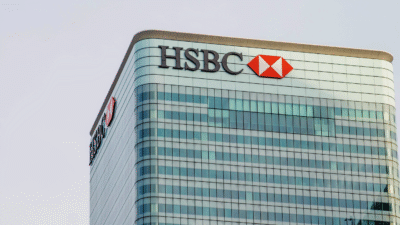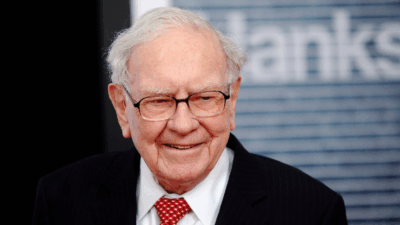
Sign up for smart news, insights, and analysis on the biggest financial stories of the day.
For financial service firm Robinhood, it’s abundantly clear which of the two services it offers is more lucrative.
In its third-quarter earnings call last Tuesday, the company reported options deals rang up nearly half its net revenue, despite accounting for only 13% of its users’ trades. Now, others are cashing in on the options craze.
Go With The Flow
Thanks to fruitful payment-for-order-flow agreements with high-speed trading firms such as Citadel and Susquehanna, retail brokerage firms like Robinhood rake in more than twice as much selling options than stocks. According to Bloomberg Intelligence, the disparity between the two is so big, the 11 largest US retail brokerages earned 60% on options between July 2020 and June 2021 — collecting $2.2 billion.
Traders are increasingly turning toward the option avenue as well: so far this year, there have been more than 38 million option deals every day, an all-time high. That’s why it’s becoming an essential part of Robinhood’s business:
- In its third quarter, the company reported $164 million in revenue from selling options order flow — three times more than stock trades.
- Options payments accounted for 45% of Robinhood’s third-quarter net revenue, while stocks and crypto, its other two routes for order-flow payments, notched roughly 14% each.
iStock Nano: On Wednesday, Cboe announced its plans to tap the day-trading options markets next year when it will launch “nano” contracts — giving speculators the chance to make bets with less money.
On The Level? Critics argue such trading creates an incentive for companies to push inexperienced users into risky deals they don’t understand, which can lead to big losses, and in August, SEC chair Gary Gensler said he is considering banning the practice.











